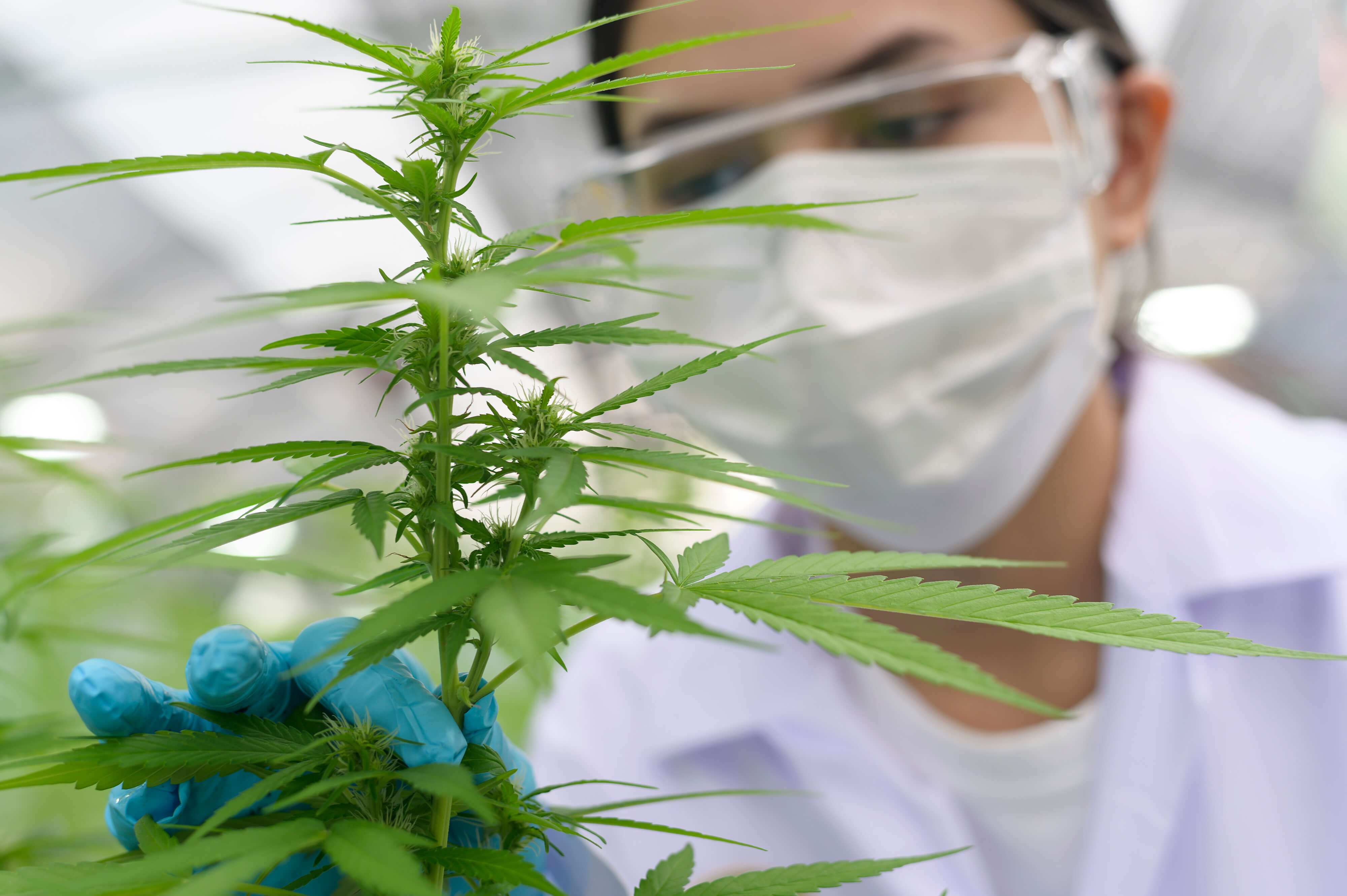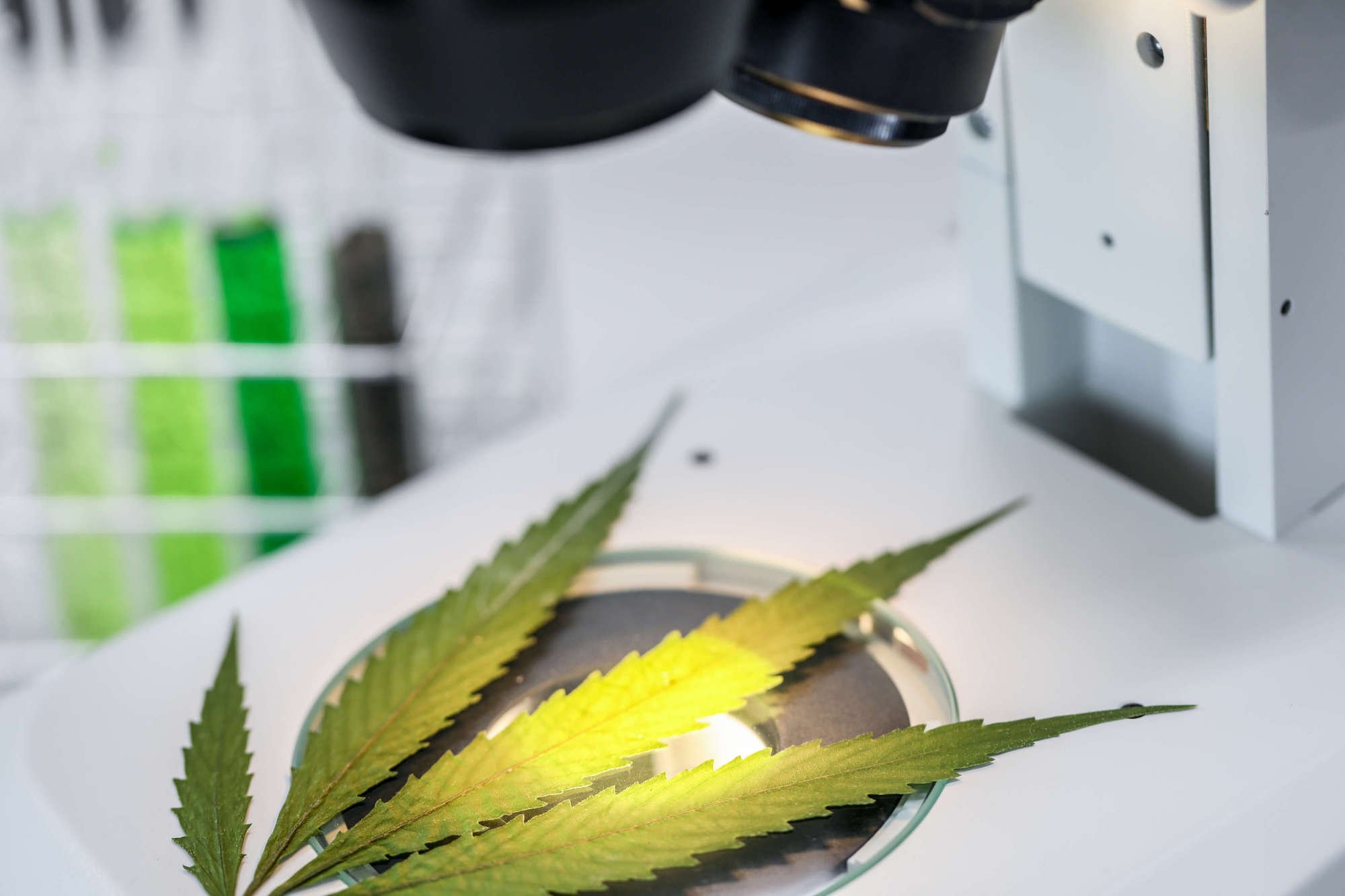Why Cannabis Testing Matters
It is more important than ever to guarantee the quality and safety of cannabis products because of the quick growth of legal cannabis marketplaces across the world. Notably, cannabis testing labs in Tulsa are instrumental in maintaining these standards by providing thorough analyses of cannabinoid content and contaminants. Companies may build consumer trust and adhere to regulatory regulations using these testing services. Given the diverse ways cannabis is used(ranging from recreational enjoyment to specific medical treatments), reliable product information is essential. Testing provides transparency, reassuring consumers about the product’s exact nature and potential effects.
Cannabis testing is integral to the industry’s development and consumer protection. It is an educational tool for consumers, who can make knowledgeable decisions about product choice and usage. Knowing the features of the product is essential whether one is looking for relief from chronic pain, controlling anxiety, or just interested in using it for recreational purposes. Through rigorous testing processes, laboratories can unlock the secrets of each cannabis strain, enhancing consumer confidence and satisfaction.

Understanding Cannabinoid Profiles
Cannabinoid profiles are a detailed breakdown of the chemical compounds present in a cannabis sample, primarily focusing on THC and CBD ratios. This information is fundamental for both recreational and medical users. For instance, a higher THC content may cater to those seeking recreational euphoria, while a blend rich in CBD might be preferable for therapeutic purposes without psychoactive effects. Understanding these profiles can tailor the cannabis experience to fit individual needs and preferences, thus maximizing efficacy and satisfaction.
Moreover, this detailed profiling contributes significantly to research and development within the cannabis industry. By recognizing which cannabinoid combinations yield specific effects, brands can innovate and craft products catering to niche markets or health issues. Ongoing advances in cannabinoid science further highlight the importance of accurate profiling as new potential benefits and applications of cannabis compounds continue to emerge.
Detecting Contaminants
Detecting contaminants such as pesticides, heavy metals and microorganisms is a cornerstone of cannabis testing. These elements, if present, can cause adverse reactions or long-term health issues for consumers. Contaminants may enter the cannabis plant from the soil, water, air, or during the cultivation process, underscoring the importance of stringent testing at multiple stages of production. Comprehensive testing protects, removing products laced with harmful chemicals before reaching consumers and ensuring that only safe products enter the market.
Contaminant testing can also verify and improve cultivation techniques for producers. By understanding how and when contamination occurs, owners can adjust their practices to minimize these risks. This proactive approach protects the end-user and strengthens brand integrity and consumer loyalty.
Setting Quality Standards
Quality standards for cannabis are an evolving benchmark essential to the industry’s credibility and consumer safety. Without such standards, consumers could be exposed to wide variability in product efficacy and safety, which could impair trust in cannabis products overall. Quality standards ensure consistency across products, regardless of where or how they are produced.
By adhering to established quality benchmarks, cannabis producers can compete effectively in a crowded marketplace. Consistent quality and transparency can distinguish reputable brands from others in the industry. Government oversight develops, and these quality standards are anticipated to become even more rigorous, further enhancing product reliability and market stability.

Testing Methods and Technologies
Innovations in testing technologies are revolutionizing cannabis analysis. High-performance liquid Chromatography (HPLC) and Gas Chromatography-Mass Spectrometry (GC-MS) are two prominent methods used for their precision and reliability in measuring cannabinoid content and detecting impurities. These technologies offer granular insights into the chemical structures within cannabis, which are critical for producing consistent and safe products.
As testing technology progresses, the industry is witnessing more precise and efficient methodologies. Interventions include real-time testing tools and more sophisticated lab instrumentation. These advancements streamline testing processes, reduce costs, and improve turnaround times, benefiting producers and consumers.
Regulatory Compliance
The cannabis industry is heavily regulated, with compliance playing a pivotal role in maintaining consumer safety and product efficacy. Regulatory frameworks vary by region but commonly focus on ensuring all market products adhere to safety and quality benchmarks. Achieving compliance entails meeting these standards and demonstrating adherence through robust testing and documentation.
Assistance from professional testing labs is crucial in navigating complex regulatory landscapes. These labs provide the necessary certifications that attest to the product’s compliance with safety regulations. This service is invaluable, helping producers maintain legality and consumer trust while contributing to the broader effort of normalizing cannabis use worldwide.
Future of Cannabis Testing
Looking ahead, the future of cannabis testing is full of promise with the incorporation of digital technologies like blockchain and artificial intelligence. Blockchain can enhance the industry’s transparency, allowing every step of the production and testing process to be tracked and verified, thus reducing the chance of error or fraud. On the other hand, artificial intelligence can analyze big data from testing results, offering new insights and efficiencies.
As legal landscapes around cannabis evolve, so will the requirements and innovations in testing. Future technologies are anticipated to enhance accuracy and reliability further, fostering an even safer, more informed consumer market. Ultimately, rigorous cannabis testing will remain an essential pillar supporting the industry’s growth and acceptance globally.





More Post
How Many Grams in a Quarter Pound: Everything You Need to Know
Unveiling the Mystery: Why Are Subtitles Not Working on 9anime
The Risks Associated with Counter-wmail-service.com – Guide